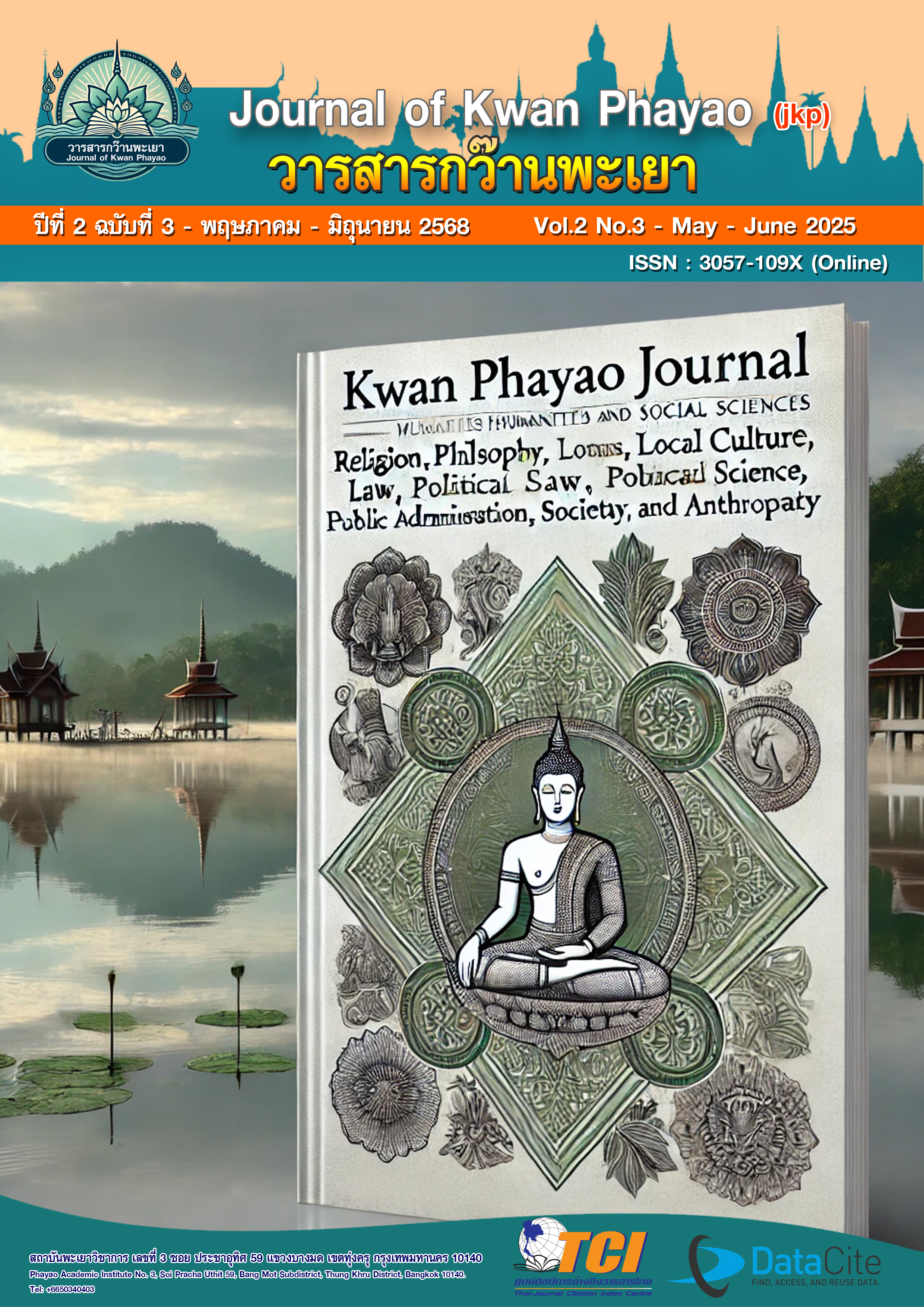COMPARATIVE ANALYSIS OF JUSTICE ADMINISTRATION AND LAW ENFORCEMENT BETWEEN THAILAND AND THE PHILIPPINES
Abstract
This article aims to analyze and compare the justice administration systems and law enforcement approaches between Thailand and the Philippines, using the frameworks of the rule of law, good governance, and comparative legal systems. The study finds that while both countries share the goal of ensuring justice and maintaining social order, they differ significantly in their legal structures, judicial processes, and law enforcement practices. Thailand follows a civil law system, whereas the Philippines employs a mixed legal system that combines civil law, customary law, and common law. Thailand’s justice system is formal and centralized but faces challenges in transparency and efficiency. In contrast, the Philippines has adopted technological innovations in court management and promotes greater community participation. Based on this comparison, the article proposes several recommendations for improving Thailand’s justice system, including the promotion of digital justice, the development of community-based justice mechanisms, and the establishment of an independent agency to evaluate and oversee the justice process. These recommendations aim to build a transparent, accountable, and socially responsive justice system for Thailand.




